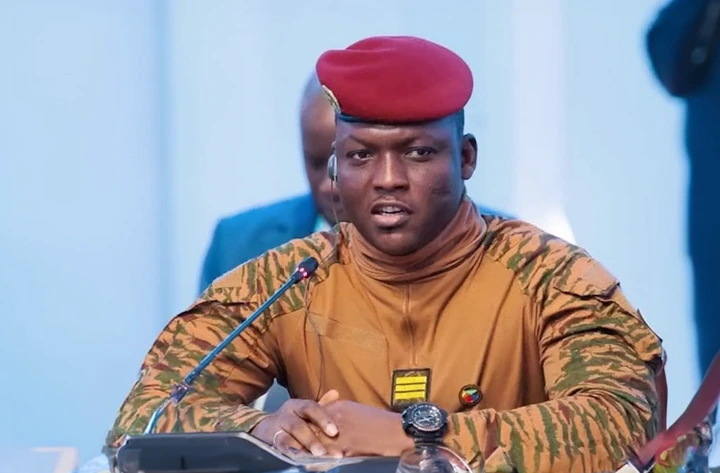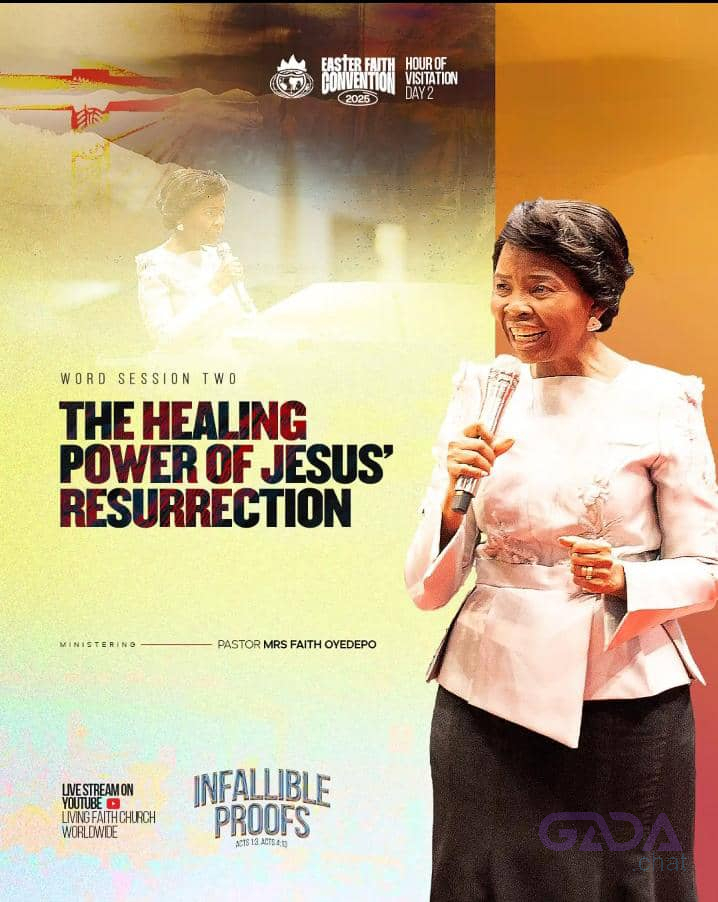Captain Ibrahim Traoré: The soldier selling Africa false hope, By Umar Farouk Bala
Traoré’s anti-democratic posture is not a blueprint for development — it is a calculated strategy to entrench military rule under the guise of a populist revolution.
What Traoré is selling is not a radical reimagining of governance. It is an age-old authoritarian tactic: discredit democracy, invoke national pride, and suppress dissent — all while consolidating power… Since assuming power through a 2022 coup, Traoré has suspended political parties, cracked down on the press, and muzzled civil society organisations. He claims these actions defend national sovereignty and promote a “popular, progressive revolution.”
Clad in fatigues and fluent in fiery rhetoric, Captain Ibrahim Traoré of Burkina Faso has emerged as a poster child of a new wave of African populism. To his supporters, he is a revolutionary — bold, youthful, and principled.
To the disillusioned youth across the continent, he offers a seductive promise: progress without the inconveniences of democracy. But behind the revolutionary slogans and Sankara-inspired aesthetics lies a far less romantic reality.
Traoré’s anti-democratic posture is not a blueprint for development — it is a calculated strategy to entrench military rule under the guise of a populist revolution. Let us be clear, Africa has every right to interrogate the forms and functions of democracy on the continent.
For decades, many African states have endured dysfunctional governance, hollow elections, and endemic corruption — even under democratically elected leaders. But that frustration must not be manipulated into legitimising authoritarianism.
What Traoré is selling is not a radical reimagining of governance. It is an age-old authoritarian tactic: discredit democracy, invoke national pride, and suppress dissent — all while consolidating power.
Since assuming power through a 2022 coup, Traoré has suspended political parties, cracked down on the press, and muzzled civil society organisations. He claims these actions defend national sovereignty and promote a “popular, progressive revolution.”
But there is little “popular” about a regime that stifles dissent and sidelines citizen participation. Beneath the rhetoric, his governance follows a familiar authoritarian script: glorify the military, delegitimise the opposition, and centralise authority.
Traoré’s anti-democratic posture is not a blueprint for development — it is a calculated strategy to entrench military rule under the guise of a populist revolution.
What Traoré is selling is not a radical reimagining of governance. It is an age-old authoritarian tactic: discredit democracy, invoke national pride, and suppress dissent — all while consolidating power… Since assuming power through a 2022 coup, Traoré has suspended political parties, cracked down on the press, and muzzled civil society organisations. He claims these actions defend national sovereignty and promote a “popular, progressive revolution.”
Clad in fatigues and fluent in fiery rhetoric, Captain Ibrahim Traoré of Burkina Faso has emerged as a poster child of a new wave of African populism. To his supporters, he is a revolutionary — bold, youthful, and principled.
To the disillusioned youth across the continent, he offers a seductive promise: progress without the inconveniences of democracy. But behind the revolutionary slogans and Sankara-inspired aesthetics lies a far less romantic reality.
Traoré’s anti-democratic posture is not a blueprint for development — it is a calculated strategy to entrench military rule under the guise of a populist revolution. Let us be clear, Africa has every right to interrogate the forms and functions of democracy on the continent.
For decades, many African states have endured dysfunctional governance, hollow elections, and endemic corruption — even under democratically elected leaders. But that frustration must not be manipulated into legitimising authoritarianism.
What Traoré is selling is not a radical reimagining of governance. It is an age-old authoritarian tactic: discredit democracy, invoke national pride, and suppress dissent — all while consolidating power.
Since assuming power through a 2022 coup, Traoré has suspended political parties, cracked down on the press, and muzzled civil society organisations. He claims these actions defend national sovereignty and promote a “popular, progressive revolution.”
But there is little “popular” about a regime that stifles dissent and sidelines citizen participation. Beneath the rhetoric, his governance follows a familiar authoritarian script: glorify the military, delegitimise the opposition, and centralise authority.
Captain Ibrahim Traoré: The soldier selling Africa false hope, By Umar Farouk Bala
Traoré’s anti-democratic posture is not a blueprint for development — it is a calculated strategy to entrench military rule under the guise of a populist revolution.
What Traoré is selling is not a radical reimagining of governance. It is an age-old authoritarian tactic: discredit democracy, invoke national pride, and suppress dissent — all while consolidating power… Since assuming power through a 2022 coup, Traoré has suspended political parties, cracked down on the press, and muzzled civil society organisations. He claims these actions defend national sovereignty and promote a “popular, progressive revolution.”
Clad in fatigues and fluent in fiery rhetoric, Captain Ibrahim Traoré of Burkina Faso has emerged as a poster child of a new wave of African populism. To his supporters, he is a revolutionary — bold, youthful, and principled.
To the disillusioned youth across the continent, he offers a seductive promise: progress without the inconveniences of democracy. But behind the revolutionary slogans and Sankara-inspired aesthetics lies a far less romantic reality.
Traoré’s anti-democratic posture is not a blueprint for development — it is a calculated strategy to entrench military rule under the guise of a populist revolution. Let us be clear, Africa has every right to interrogate the forms and functions of democracy on the continent.
For decades, many African states have endured dysfunctional governance, hollow elections, and endemic corruption — even under democratically elected leaders. But that frustration must not be manipulated into legitimising authoritarianism.
What Traoré is selling is not a radical reimagining of governance. It is an age-old authoritarian tactic: discredit democracy, invoke national pride, and suppress dissent — all while consolidating power.
Since assuming power through a 2022 coup, Traoré has suspended political parties, cracked down on the press, and muzzled civil society organisations. He claims these actions defend national sovereignty and promote a “popular, progressive revolution.”
But there is little “popular” about a regime that stifles dissent and sidelines citizen participation. Beneath the rhetoric, his governance follows a familiar authoritarian script: glorify the military, delegitimise the opposition, and centralise authority.
0 التعليقات
1 المشاركات
115 مشاهدة
0 معاينة








